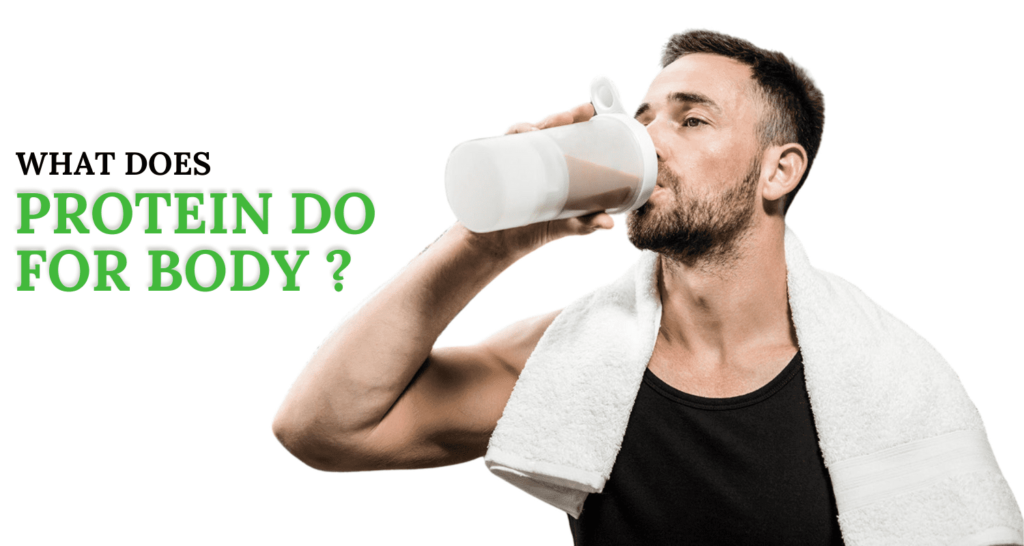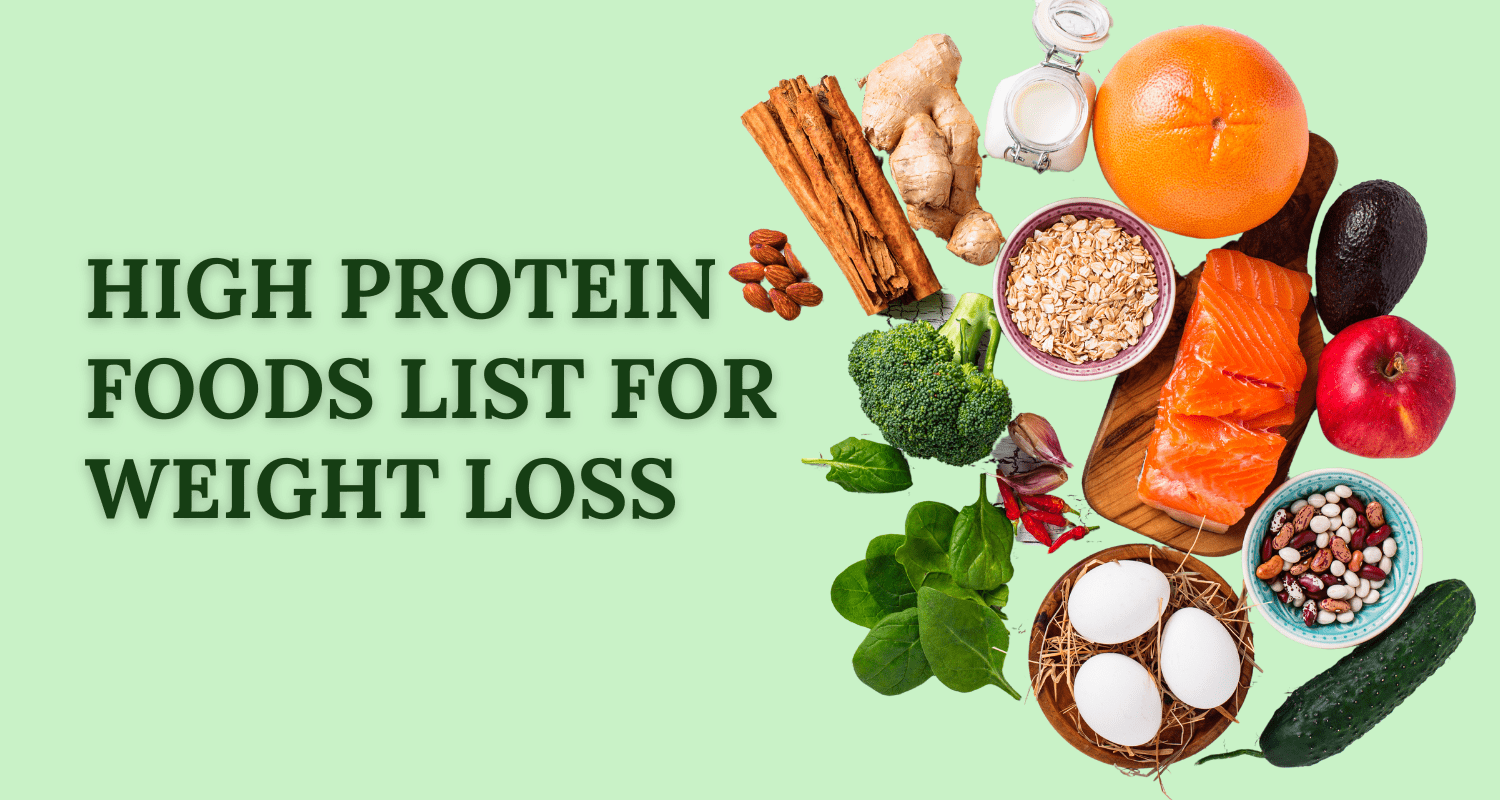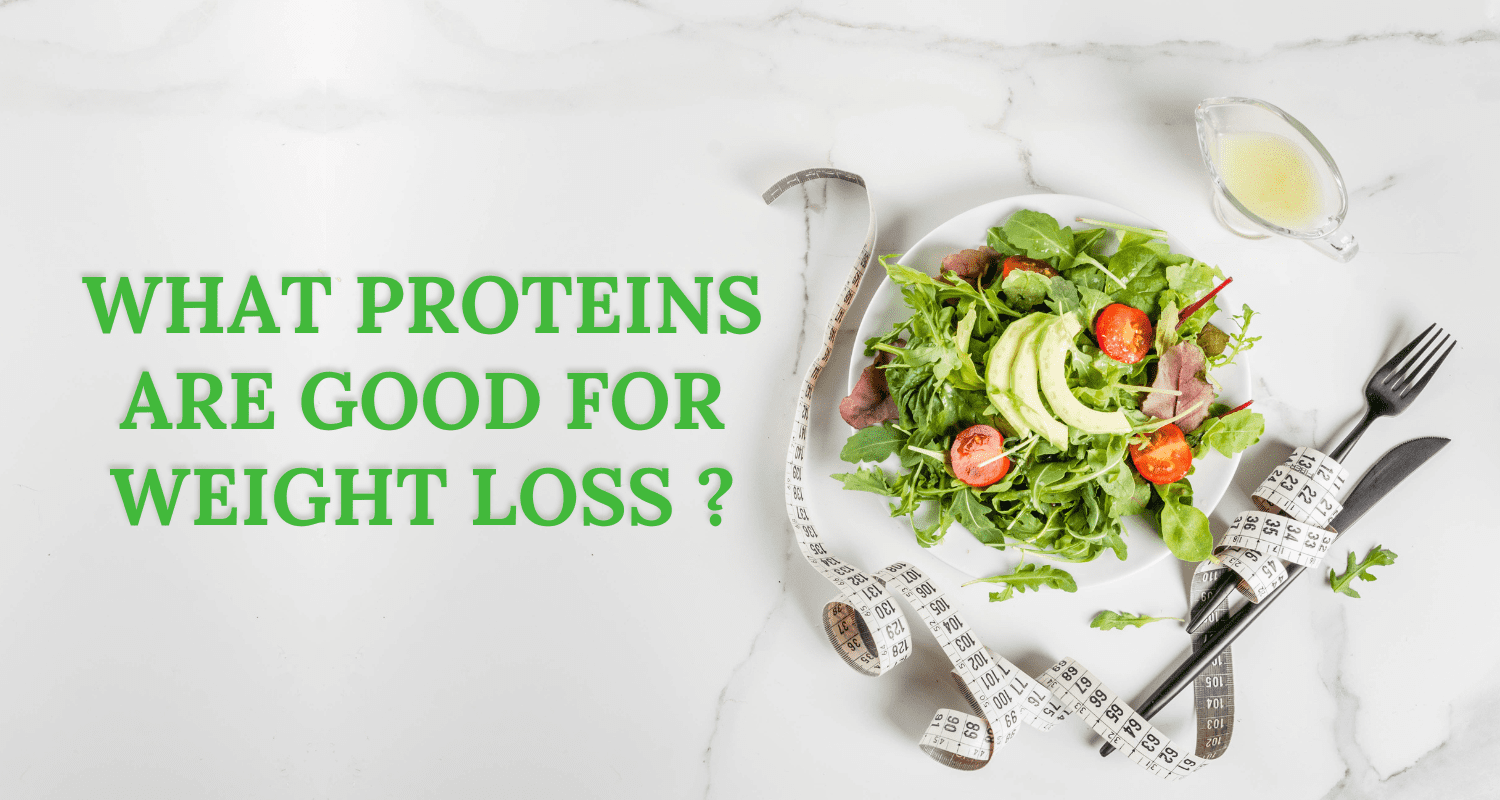Did you know that protein is found in almost every part of your body, from your organs and muscles to your skin and hair?
It’s true!
Protein plays a critical role in maintaining your overall health and wellbeing, supporting essential functions that keep your body running smoothly.
Protein is not just important for building and repairing tissues;
It also fuels energy production, carries oxygen in the blood, produces antibodies to fight infections, and supports cell health and growth.
Without sufficient protein, your body may experience muscle breakdown and other health issues.
On the other hand, consuming excessive protein can have its downsides too.
It may lead to the storage of excess protein as fat in the body. Striking the right balance is key to reaping the benefits of protein while maintaining a healthy diet overall.
In this article, we will delve into what does protein do for your body its importance with its various benefits, and the recommended protein intake for different age groups.
Whether you’re looking to understand how protein fuels your energy or want to know how much protein you should be consuming daily or just what protein role in the body, we’ve got you covered with all the essential information.
Let’s dive into what does protein do for your body.
Key Takeaways:
- Protein is found throughout your body and is crucial for maintaining overall health.
- What does protein do for your body? Protein fuels energy production, carries oxygen, fights infections, and supports cell health and growth.
- Insufficient protein intake can lead to muscle breakdown, while excessive protein consumption may result in fat storage.
- The Dietary Guidelines for Americans provide recommendations for daily protein intake based on age groups.
- For proper protein function, it should be consumed in balance with other nutrients to maintain a healthy diet.
Protein’s Role in Energy and Oxygen Transport
What does protein do for your body? Protein is a crucial player in the functioning of our bodies, serving multiple essential purposes.
Among its many roles, protein plays a critical role in energy production and the transportation of oxygen throughout the body.
Through various metabolic processes, protein converts the food we consume into energy, providing us with the fuel we need for our daily activities.
But protein’s influence doesn’t stop there; it also contributes to the transport of oxygen in our bodies.
Protein molecules carry oxygen to different tissues and organs through the bloodstream, ensuring that they receive an adequate supply for their proper functioning.
Without sufficient protein, these vital processes can be compromised, resulting in reduced energy levels and overall health impairment.
Understanding the significance of protein’s role in energy production and oxygen transport highlights its impact on our overall health.
By incorporating enough protein into our diet, we can support these essential functions and maintain optimal energy levels, as well as promote the proper functioning of our organs and tissues.
Protein’s Contribution to Cell Health and New Cell Creation
The human body relies on protein for numerous essential functions, including the maintenance of cell health and the creation of new cells.
By promoting cellular processes such as DNA replication, cell division, and repair, protein ensures that cells can carry out their vital roles in the body effectively.
One of the key advantages of protein effects is its ability to support the synthesis of enzymes, which play a crucial role in various cellular activities.
Enzymes are necessary for the proper functioning of cells and facilitate important biochemical reactions.
Insufficient protein intake can have detrimental effects on cell health and functioning.
Inadequate protein levels may impair DNA replication, cell division, and repair, leading to compromised cellular integrity and heightened susceptibility to damage.
This can result in the development of various health issues and hinder the body’s ability to maintain optimal health.
Conversely, ensuring an adequate protein intake helps cells function optimally, allowing them to carry out their various tasks with efficiency.
Supportive protein levels translate to enhanced overall cellular health, improved tissue repair processes, and increased resilience to external stressors.
In conclusion, protein’s effects on cell health and new cell creation are undeniable.
By facilitating critical cellular processes and assisting in enzyme synthesis, protein confers significant advantages to the body.
It is essential to consume adequate amounts of high-quality protein to support optimal cellular functioning and maintain overall health and wellbeing.
Recommended Protein Intake for Different Age Groups
The Dietary Guidelines for Americans provide recommendations for daily protein intake based on different age groups.
These recommendations are designed to ensure that individuals receive adequate protein impact on health including growth, development, and overall health.
Infants (0-6 months)
Babies should be exclusively breastfed or formula-fed during this period.
Breast milk or formula provides all the necessary protein for healthy growth and development.
Infants (6-12 months)
Introduce protein-rich foods such as pureed meats, poultry, fish, eggs, dairy products like yogurt and cheese, as well as mashed beans and lentils.
Aim for around 11 grams of protein per day.
Children (1-3 years)
Toddlers need about 13 grams of protein per day.
Offer a variety of protein-rich foods including lean meats, poultry, fish, eggs, dairy products, legumes, and tofu.
Children (4-8 years)
Children of this age group require approximately 19 grams of protein per day.
Encourage a balanced diet that includes lean meats, poultry, fish, eggs, dairy products, legumes, nuts, seeds, and whole grains.
Children and Adolescents (9-13 years)
Girls need about 34 grams of protein per day, while boys need around 46 grams per day during these years of rapid growth. Include a mix of protein sources in their diet to support their nutritional needs.
Teenagers (14-18 years)
Teenagers need increased protein due to growth spurts and physical activity. Girls aged 14-18 need about 46 grams per day, while boys need around 52 grams per day.
Ensure a balanced diet rich in protein sources.
Adults (19-64 years)
For adults, the recommended protein intake is about 46 grams per day for women and 56 grams per day for men.
Incorporate a mix of protein sources such as lean meats, poultry, fish, eggs, dairy products, legumes, nuts, seeds, and plant-based proteins into meals and snacks.
Pregnant Women
During pregnancy, protein needs increase to support the growth and development of the fetus. Pregnant women should aim for about 71 grams of protein per day.
Include protein-rich foods such as lean meats, poultry, fish, eggs, dairy products, legumes, nuts, seeds, and plant-based proteins in meals and snacks to meet increased protein requirements.
Older Adults (65+ years)
As people age, maintaining muscle mass becomes important.
Aim for about 46 grams of protein per day for women and 56 grams per day for men, although individual needs may vary. Include protein-rich foods in meals and snacks to support muscle health.
By following the recommended protein intake for different age groups, individuals can ensure that they are meeting their daily protein needs for optimal health and functioning.
Protein Percentage in Daily Calorie Intake
To maintain optimal health, it is important to consider the protein percentage in your daily calorie intake.
Research suggests that most individuals should aim to consume 10% to 35% of their daily calories from protein.
However, it is essential to adjust this percentage based on individual needs and activity levels.
The goal is to ensure that the protein intake remains within the recommended range while allowing for variations in overall calorie consumption due to factors such as exercise.
When determining the protein percentage in your daily calorie intake, it is crucial to strike a balance.
Consuming too little protein can lead to inadequate nutrient intake and potential health issues, while excessive protein consumption may not provide additional protein benefits and could result in an imbalance in nutrient composition.
It’s worth noting that the recommended protein calorie percentage can be achieved through a variety of protein sources, including both animal-based and plant-based options.
Incorporating lean meats, poultry, fish, dairy products, legumes, nuts, and seeds into your diet can help meet your protein needs while also providing a diverse range of nutrients.
Working with a registered dietitian or healthcare professional can provide personalized guidance on determining the optimal protein calorie percentage for your circumstances.
They can consider factors such as age, sex, weight, activity level, and any specific dietary requirements or health conditions you may have.
Protein Needs for Muscle Mass Preservation
As we age, the preservation of muscle mass becomes increasingly important.
After 40, individuals may experience muscle loss, a condition known as sarcopenia.
To combat this, a higher protein intake is often necessary to preserve muscle mass and strength.
Adequate protein consumption is key to maintaining muscle health and preventing muscle loss.
Protein provides the building blocks necessary for muscle maintenance and repair. It also supports the synthesis of new muscle tissue.
Combining proper protein intake with strength training exercises maximizes the protein advantages for muscle preservation. Strength training exercises help stimulate muscle growth and increase protein utilization within the body.
Consulting a dietitian can provide personalized protein recommendations based on individual needs and goals.
A dietitian can help determine the optimal amount of protein required for muscle mass preservation, taking into account factors such as age, activity level, and overall health.
The Importance of Protein for Muscle Maintenance
Protein plays a crucial role in muscle maintenance and preservation.
It provides essential amino acids that are necessary for building and repairing muscle tissue.
Additionally, protein supports the synthesis of enzymes and hormones that regulate muscle growth and function.
Without sufficient protein, the body may enter a catabolic state, where it breaks down muscle tissue to meet its protein needs.
This can lead to muscle loss and a decrease in overall strength and mobility.
By consuming adequate protein, individuals can promote muscle growth and repair, leading to improved muscle function and preservation.
Including protein-rich foods in the diet, such as lean meats, poultry, fish, dairy products, legumes, and nuts, can help meet daily protein requirements.
Protein Recommendations for Muscle Mass Preservation
There is no one-size-fits-all recommendation for protein intake, as individual needs may vary depending on factors such as age, gender, and activity level.
Note: A general guideline for muscle mass preservation is to aim for a daily protein intake of 0.8 to 1.2 grams per kilogram of body weight.
For example, a person weighing 70 kilograms (154 pounds) would aim to consume between 56 and 84 grams of protein per day. This range provides a sufficient amount of protein to support muscle maintenance and growth.
Protein-Rich Foods for Muscle Mass Preservation
There are numerous protein-rich foods that can help individuals meet their protein needs for muscle mass preservation.
These include:
- Lean meats, such as chicken, turkey, and beef
- Fish and seafood
- Eggs and dairy products, including milk, yogurt, and cheese
- Legumes, such as beans, lentils, and chickpeas
- Nuts and seeds
- Tofu and tempeh
Including a variety of these protein sources in the diet ensures a balanced intake of essential amino acids.
It is important to choose high-quality protein sources and create well-rounded meals that provide a range of nutrients.
In conclusion, adequate protein intake is crucial for muscle mass preservation.
Combining proper protein consumption with strength training exercises can help maintain muscle health and prevent muscle loss.
Consulting a dietitian can provide personalized recommendations for protein intake to support individual goals and needs.
Protein Sources for a Healthy Diet
Protein is a crucial component of a healthy diet, and it can be obtained from a variety of sources.
Whether you prefer animal-based proteins or plant-based proteins, there are many options available to meet your dietary needs.
High-Quality Animal-Based Protein Sources:
- Fish: Salmon, tuna, and other fatty fish are excellent sources of high-quality protein.
- Poultry: Chicken and turkey breast are lean sources of protein.
- Lean Beef or Pork (in limited amounts): Opt for lean cuts of beef or pork to get a good dose of protein without excess fat.
- Tofu: Tofu is a versatile plant-based protein option that can be used in a variety of dishes.
- Eggs: Eggs are not only a great source of protein but also provide essential nutrients.
- Dairy Products: Milk, yogurt, and cheese are rich in protein and can be incorporated into a balanced diet.
Plant-Based Protein Sources:
- Nuts: Almonds, walnuts, and cashews are packed with protein and healthy fats.
- Seeds: Chia seeds, flaxseeds, and hemp seeds are excellent sources of plant-based protein.
- Legumes: Beans, peas, and lentils are not only high in protein but also rich in fiber and nutrients.
- Grains: Whole grains like wheat, rice, and corn offer a good amount of protein.
Note: Animal-based proteins provide complete sources of protein with all essential amino acids, plant-based proteins may need to be combined to ensure sufficient amino acid intake.
By combining larger portions of plant-based proteins with smaller portions of animal-based proteins, you can create a well-rounded protein-rich diet.
Considerations for High Protein Diets
When it comes to weight-loss programs, high protein diets like the Atkins Diet and the Ketogenic Diet have gained popularity.
These diets emphasize consuming high amounts of protein and fat while limiting carbohydrate intake.
While they may produce short-term results, it is important to consider the long-term implications and potential drawbacks associated with these diets.
Research suggests that high protein diets may be effective in the short term for weight loss, but individuals may struggle to maintain adherence to these diets over time.
It is crucial to be aware of the potential side effects and drawbacks of focusing solely on protein and fat consumption.
Short-Term Effectiveness, Long-Term Challenges
While high protein diets can initially lead to weight loss, they may not be sustainable in the long run.
It is important to maintain a balance of nutrients in the diet for overall health and wellbeing.
Overemphasizing protein and fat intake while restricting carbohydrates can result in a limited variety of foods and potential nutrient deficiencies.
Potential Side Effects
Focusing solely on protein and fat intake can have potential side effects.
Some individuals may experience fatigue, dizziness, headaches, bad breath, and constipation as their bodies adjust to the high protein and fat intake.
These side effects can make it challenging to maintain the diet long-term.
A Balanced Approach for Health and Wellbeing
Instead of relying solely on high protein diets, it is important to adopt a balanced approach to nutrition.
Including a variety of nutrient-dense foods in the diet can help ensure that all essential nutrients are consumed.
Incorporating carbohydrates, healthy fats, fruits, vegetables, and fiber-rich foods is vital for maintaining optimal health and wellbeing.
- Include lean sources of protein such as fish, poultry, tofu, and legumes.
- Incorporate healthy fats from sources like avocados, nuts, and seeds.
- Eat a variety of fruits and vegetables to ensure adequate vitamin and mineral intake.
- Choose whole grains and high-fiber foods for sustained energy and digestive health.
Taking a balanced approach to nutrition not only ensures the body receives the necessary nutrients but also promotes long-term adherence to a healthy eating pattern for sustainable weight management and overall wellbeing.
Conclusion
What does protein do for your body? Protein plays a vital role in maintaining overall health and wellbeing.
It is essential for energy production, oxygen transport, cell health, and growth.
By following the recommended daily protein intake based on age groups and incorporating a variety of protein sources into your diet, you can meet your individual protein needs.
It is crucial to maintain a balanced diet and be mindful of any specific dietary requirements or health conditions.
Consulting with a healthcare professional or a registered dietitian can provide personalized guidance on protein intake for your individual circumstances.
They can help you create a nutrition plan that ensures you are getting the right amount of protein while considering other factors such as allergies, intolerances, or specific health goals.
Remember, a balanced diet is key to overall health and wellbeing, and protein plays a significant role in achieving that balance.
Whether you follow a plant-based or animal-based diet, ensuring you have enough protein is crucial for optimal health.
Incorporate protein-rich foods such as lean meats, fish, poultry, dairy products, legumes, nuts, and seeds into your meals for a well-rounded protein intake.
Remember, protein is not only important for muscle growth but also for various essential functions in the body.
So make sure to prioritize protein and make it a part of your daily diet.
By doing so, you can support your body’s functions, stay energized, and promote overall health and wellbeing.
FAQs
What does protein do for your body?
Protein plays a crucial role in maintaining overall health. It fuels energy production, carries oxygen in the blood, produces antibodies to fight infections, and supports cell health and growth.
What are the benefits of eating protein?
Eating protein helps to increase feelings of fullness, supports muscle growth and repair, and aids in maintaining a healthy metabolism.
What happens when you start eating more protein?
Increasing protein intake can lead to improved muscle mass, enhanced recovery after exercise, and better weight management due to increased satiety.
What happens to your body when you take protein?
When you consume protein, it is broken down into amino acids which are then used by the body for various functions such as building muscle, repairing tissues, and producing enzymes.
What is the role of protein in the body?
Protein plays a crucial role in various bodily functions including muscle growth and repair, enzyme and hormone production, immune function, and maintaining fluid balance.
Does protein burn fat?
While protein itself doesn’t directly burn fat, it can aid in weight loss by promoting satiety, preserving muscle mass, and supporting a healthy metabolism.
What are the top 10 protein foods?
Some of the top protein-rich foods include chicken breast, eggs, Greek yogurt, lean beef, fish, tofu, lentils, quinoa, nuts, and seeds.
Disclaimer: This content, including advice, provides generic information only. It is not a substitute for a qualified medical opinion. Always consult a specialist or your doctor for more information. Nutrition Cult does not claim responsibility for this information.




